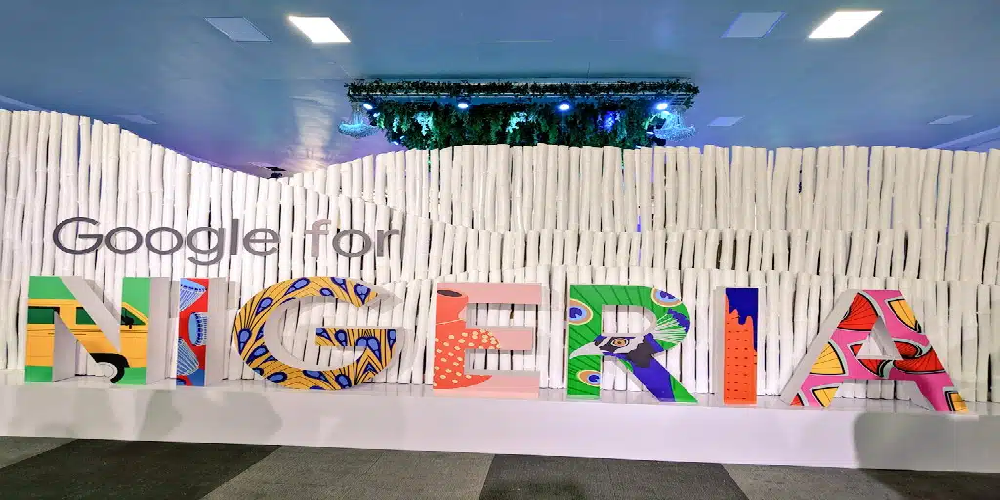AI Giant Triumphs: Stability AI Scores Major Legal Victory Against Getty Images in UK Court
A significant legal battle unfolded in Britain's High Court between intellectual property giant Getty Images and artificial intelligence company Stability AI, largely concluding with Stability AI prevailing on key copyright claims. The closely watched case centered on allegations that Stability AI infringed Getty's copyright and trademark by utilizing approximately 12 million images from Getty's website, without explicit permission, to train its popular image generator, Stable Diffusion. This lawsuit marked one of the initial skirmishes in a burgeoning wave of legal challenges where creative industries, including movie studios, authors, and artists, are confronting tech companies over the use of their works to train advanced AI systems.
At the core of the tech companies' defense is the legal doctrine of "fair use" or "fair dealing," which they argue permits them to train AI models on vast collections of public or semi-public writings and images. However, the British court's ruling, while offering some specific clarifications, has left substantial questions regarding copyright and AI intellectual property unresolved, according to legal experts.
Justice Joanna Smith's written ruling indicated that Getty Images secured a narrow victory on its trademark infringement argument but was largely unsuccessful in the remainder of its case. Both entities subsequently issued statements claiming a win. Getty Images emphasized the outcome as a "significant win for intellectual property owners," while Stability AI expressed satisfaction, with General Counsel Christian Dowell stating, "This final ruling ultimately resolves the copyright concerns that were the core issue."
Initially, Getty had accused Stability AI of both primary and secondary copyright infringement. Primary infringement involves unauthorized reproduction, akin to counterfeiting. Secondary infringement, in this context, concerned the importation of unlawful copies. Getty contended that Stability's use of its extensive image library to develop and train the Stable Diffusion AI model constituted a breach of primary copyright. Stability AI countered by arguing that the case fell outside the United Kingdom's jurisdiction because the AI model's training technically occurred on Amazon-operated computers located in the United States.
During the three-week trial in June, Getty strategically withdrew its primary copyright allegations, signaling a perceived lack of success for this claim. Nevertheless, it pressed forward with the secondary infringement claims, asserting that even if the AI training happened abroad, offering the Stable Diffusion service to British users amounted to importing illegal copies of its images into the country. Justice Smith, however, rejected these claims, ruling unequivocally that Stable Diffusion's AI did not infringe copyright because it does not and has "never" "store or reproduce any Copyright Works."
Regarding trademark infringement, Getty's complaint stemmed from the appearance of its distinctive watermark on certain images generated by Stability AI's chatbot. The judge ruled in favor of Getty on this point but qualified her findings as "both historic and extremely limited in scope," adding that she was "unable to determine that these were widespread."
The legal community views Getty's decision to drop a portion of its copyright case as leaving the legal status of AI training in a state of limbo. Iain Connor, an intellectual property partner at Michelmores, commented that the decision means the U.K. lacks a definitive verdict on the legality of AI models learning from copyrighted materials. Justice Smith herself acknowledged the "very real societal importance" of balancing creative and technological industries but noted the court could only rule on the "diminished" case presented to it, not on abandoned issues.
While Getty has not confirmed whether it will appeal the British ruling, it is actively pursuing a separate copyright infringement lawsuit against Stability AI in the United States, refiled in a San Francisco federal court in August after an initial filing in 2023. This ongoing litigation underscores a broader pattern in the generative AI sector, where the rapid advancement of technology is sparking frequent clashes with established creative rights. Other notable cases include Anthropic's $1.5 billion settlement with authors over its Claude chatbot, a dismissed lawsuit against Meta Platforms for its Llama AI, and Warner Bros., Disney, and Universal's collective lawsuits against Midjourney for alleged copyright infringement involving famed characters.
Recommended Articles
EdTech Giant Formed: Coursera to Acquire Rival Udemy in Staggering $2.5 Billion Deal!

Coursera has announced its acquisition of rival Udemy in an all-stock transaction valued at approximately $2.5 billion, ...
Google Supercharges Nigeria's AI Talent with $2.1 Million Investment

Google.org has pledged N3 billion to accelerate Nigeria's digital transformation, focusing on advanced AI training and e...
IP War Heats Up: ByteDance Bows to Disney & Paramount Over Seedance 2.0

Chinese tech giant ByteDance's AI video tool, Seedance 2.0, is under fire from Hollywood studios and industry guilds for...
AI Faked Tom Cruise vs. Brad Pitt Fight Sparks Outrage From Motion Picture Association

The Motion Picture Association has vehemently condemned ByteDance's new AI video generator, Seedance 2.0, alleging wides...
Unlock AI Secrets: Everything About ChatGPT, The Revolutionary Chatbot

OpenAI's ChatGPT experienced a year of explosive growth and innovation in 2025, reaching 800 million weekly active users...
The Future of Sound: Unpacking AI Music's Explosive Business & Legal Challenges
The music industry is grappling with the rise of AI-generated remixes, exemplified by the viral Afro-soul “Papaoutai” ve...
You may also like...
If Gender Is a Social Construct, Who Built It And Why Are We Still Living Inside It?

If gender is a social construct, who built it—and why does it still shape our lives? This deep dive explores power, colo...
Be Honest: Are You Actually Funny or Just Loud? Find Your Humour Type

Are you actually funny or just loud? Discover your humour type—from sarcastic to accidental comedian—and learn how your ...
Ndidi's Besiktas Revelation: Why He Chose Turkey Over Man Utd Dreams

Super Eagles midfielder Wilfred Ndidi explained his decision to join Besiktas, citing the club's appealing project, stro...
Tom Hardy Returns! Venom Roars Back to the Big Screen in New Movie!

Two years after its last cinematic outing, Venom is set to return in an animated feature film from Sony Pictures Animati...
Marvel Shakes Up Spider-Verse with Nicolas Cage's Groundbreaking New Series!

Nicolas Cage is set to star as Ben Reilly in the upcoming live-action 'Spider-Noir' series on Prime Video, moving beyond...
Bad Bunny's 'DtMF' Dominates Hot 100 with Chart-Topping Power!

A recent 'Ask Billboard' mailbag delves into Hot 100 chart specifics, featuring Bad Bunny's "DtMF" and Ella Langley's "C...
Shakira Stuns Mexico City with Massive Free Concert Announcement!

Shakira is set to conclude her historic Mexican tour trek with a free concert at Mexico City's iconic Zócalo on March 1,...
Glen Powell Reveals His Unexpected Favorite Christopher Nolan Film

A24's dark comedy "How to Make a Killing" is hitting theaters, starring Glen Powell, Topher Grace, and Jessica Henwick. ...